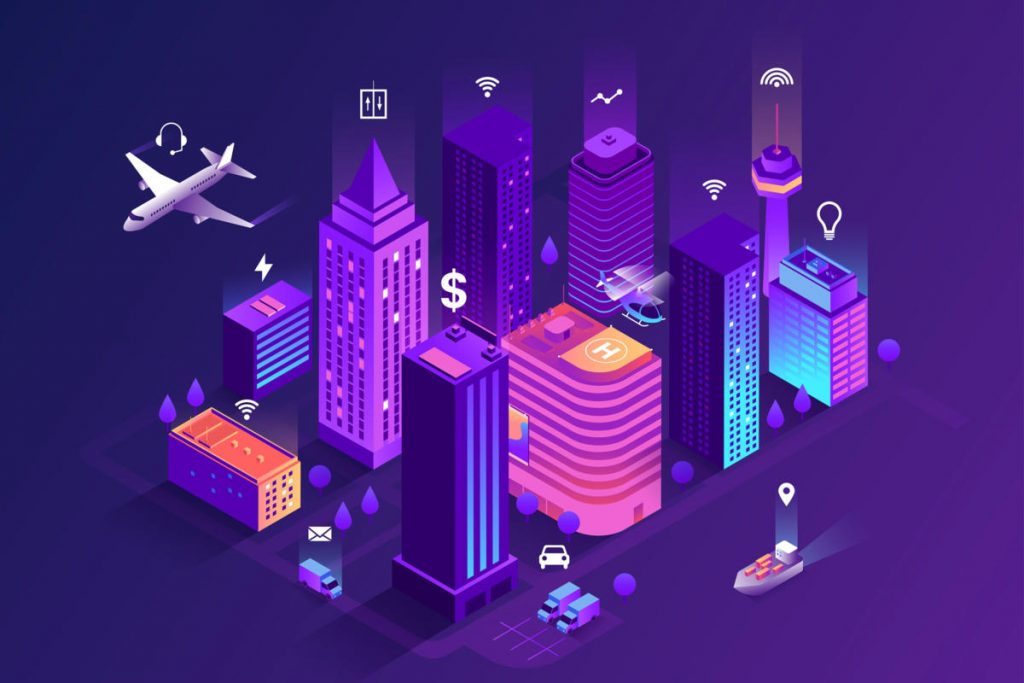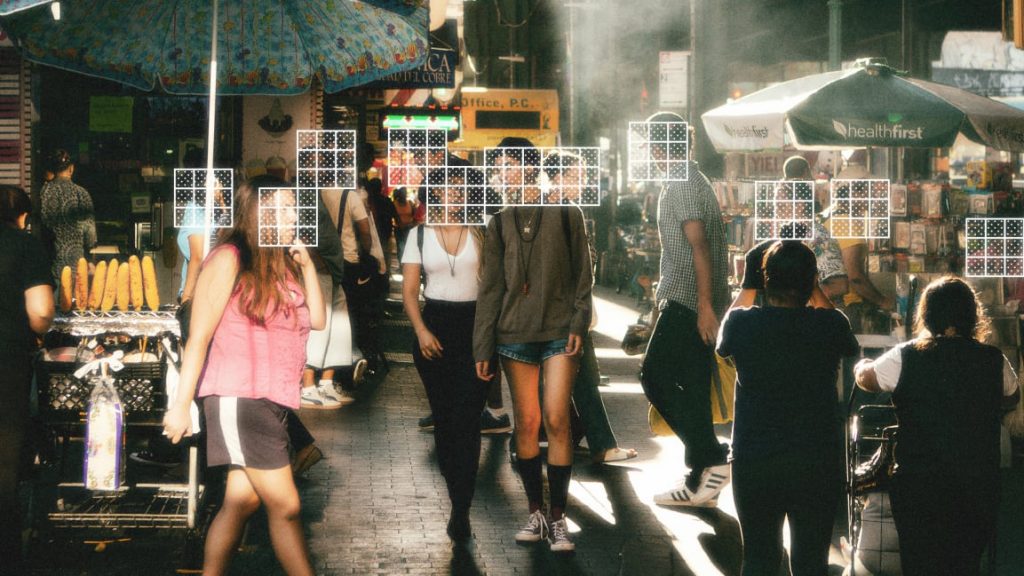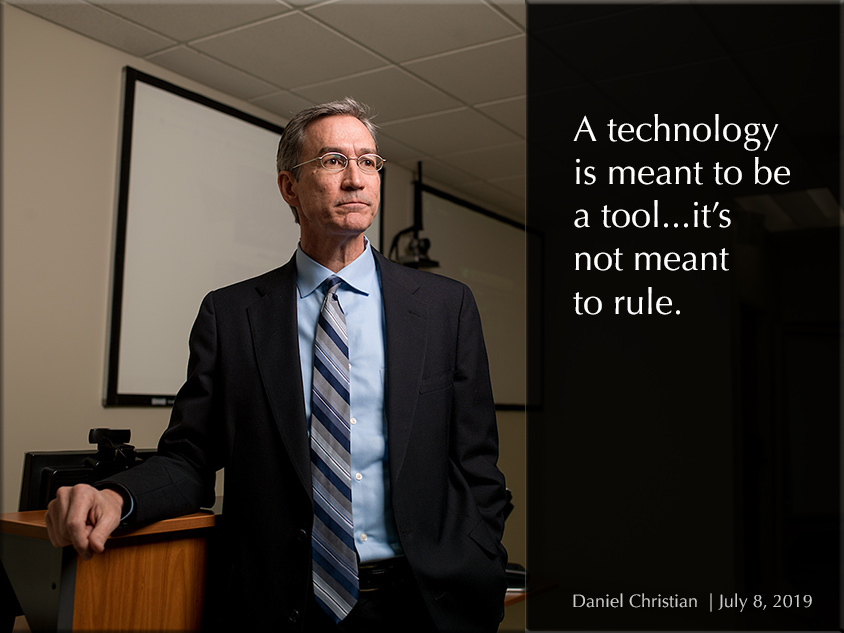An artificial-intelligence first: Voice-mimicking software reportedly used in a major theft — from washingtonpost.com by Drew Harwell
Excerpt:
Thieves used voice-mimicking software to imitate a company executive’s speech and dupe his subordinate into sending hundreds of thousands of dollars to a secret account, the company’s insurer said, in a remarkable case that some researchers are calling one of the world’s first publicly reported artificial-intelligence heists.
The managing director of a British energy company, believing his boss was on the phone, followed orders one Friday afternoon in March to wire more than $240,000 to an account in Hungary, said representatives from the French insurance giant Euler Hermes, which declined to name the company.
From DSC:
Needless to say, this is very scary stuff here! Now what…? Who in our society should get involved to thwart this kind of thing?
- Programmers?
- Digital audio specialists?
- Legislators?
- Lawyers?
- The FBI?
- Police?
- Other?
Addendum on 9/12/19:
- Watch Out For That Email From Management: The Latest Scams Targeting Lawyers — from by Hannah Roberts
Several firms have been targeted by phishing scams in recent months, but why are cyber criminals so drawn to law firms and how can management safeguard their businesses?












